
5 harmful effects of sitting cross-legged
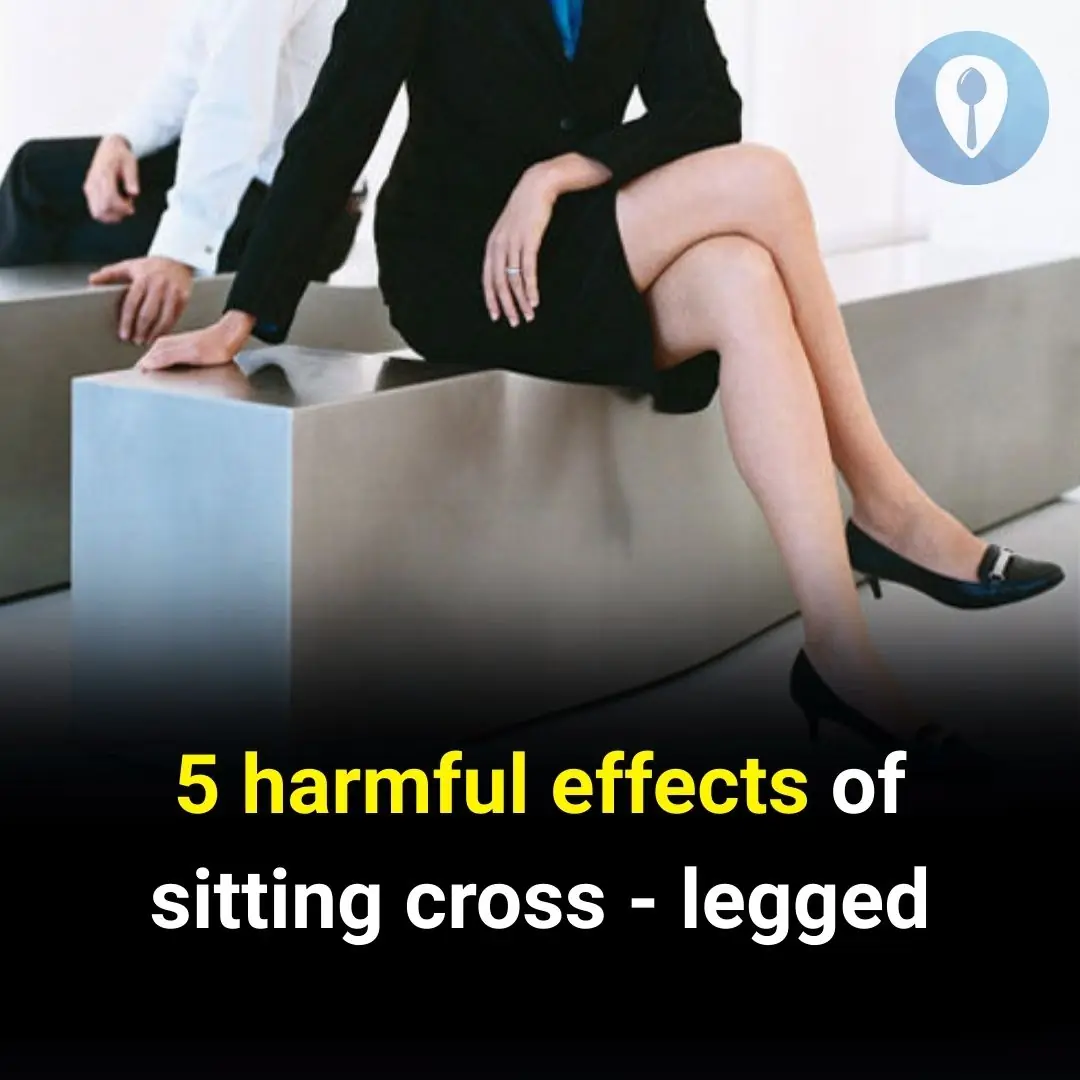
The Hidden Dangers of Sitting Cross-Legged: 5 Reasons to Break the Habit
Sitting cross-legged is a common posture, especially among women, as it’s often seen as elegant and stylish. However, what may look graceful can actually pose several risks to your posture and overall health.
Here are 5 reasons why you should reconsider this habit:
1. Muscle Numbness
Crossing your legs puts pressure on the peroneal nerve located behind the knee. Sitting like this for long periods may reduce blood circulation, causing numbness in the legs or feet.
This can lead to tingling sensations, pain, or the feeling of being “pricked by pins and needles.” If this happens, massaging the affected muscles can help restore blood flow.
2. Peroneal Nerve Palsy (Foot Drop)
Prolonged cross-legged sitting can cause temporary nerve paralysis, known as “foot drop,” where you lose the ability to lift the front part of your foot or toes.
A Korean study found that sitting cross-legged for hours increases the risk of numbness and temporary foot drop.
3. Increased Blood Pressure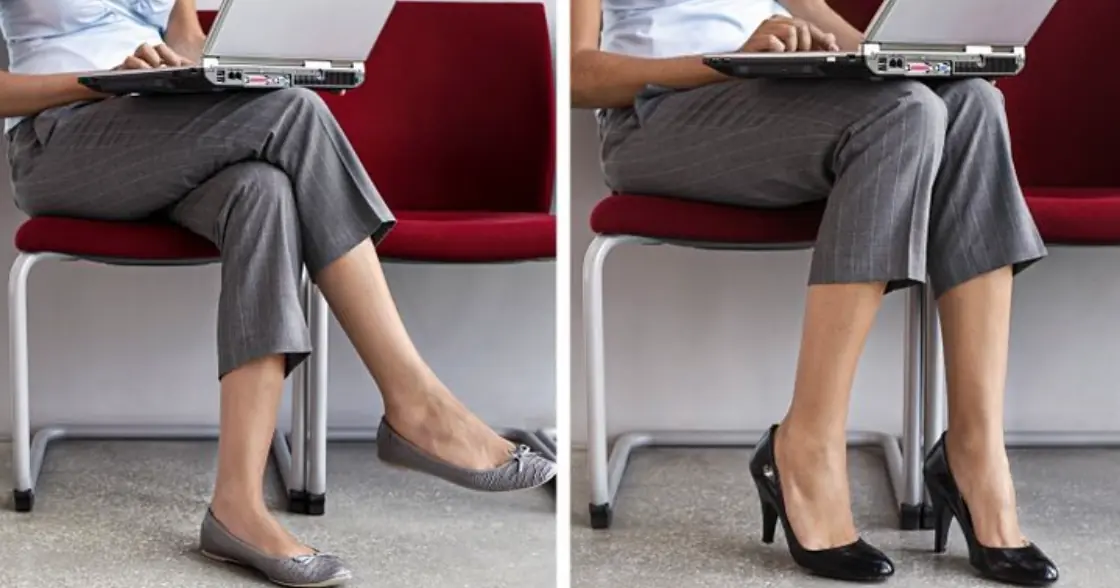
Doctors often instruct patients not to cross their legs during blood pressure measurements. That’s because crossing your legs can raise blood pressure levels.
Studies, including one conducted in Turkey, show that blood pressure spikes while sitting cross-legged but usually returns to normal after a few minutes. The rise occurs because blood is pushed back toward the chest, forcing the heart to pump harder.
Though temporary, experts warn that people at risk of blood clots should avoid sitting this way for too long.
4. Varicose Veins
Crossing your legs increases venous pressure, which can weaken tiny valves in your veins. Over time, this disrupts proper blood flow back to the heart and may contribute to varicose veins.
Although genetics is the main cause of varicose veins, prolonged leg-crossing can worsen the condition and may lead to painful vein inflammation.
5. Poor Posture
Sitting cross-legged for hours can throw your posture off balance. It often causes slouching, rounded shoulders, and strain on your back and hips.
This position shortens inner thigh muscles, overstretches outer thigh muscles, and can even affect pelvic alignment—raising the risk of joint problems.
Final Thoughts
At first, crossing your legs may not seem harmful, but over time, it can lead to significant health issues. If you find yourself in this position often, try alternating postures, sitting upright with your back straight, or taking breaks to stretch and move around.
Breaking the habit may not only improve your posture but also protect your long-term health.
News in the same category


4 Foods With an Extremely Short Shelf Life After Opening – Don’t Trust the Expiry Date!
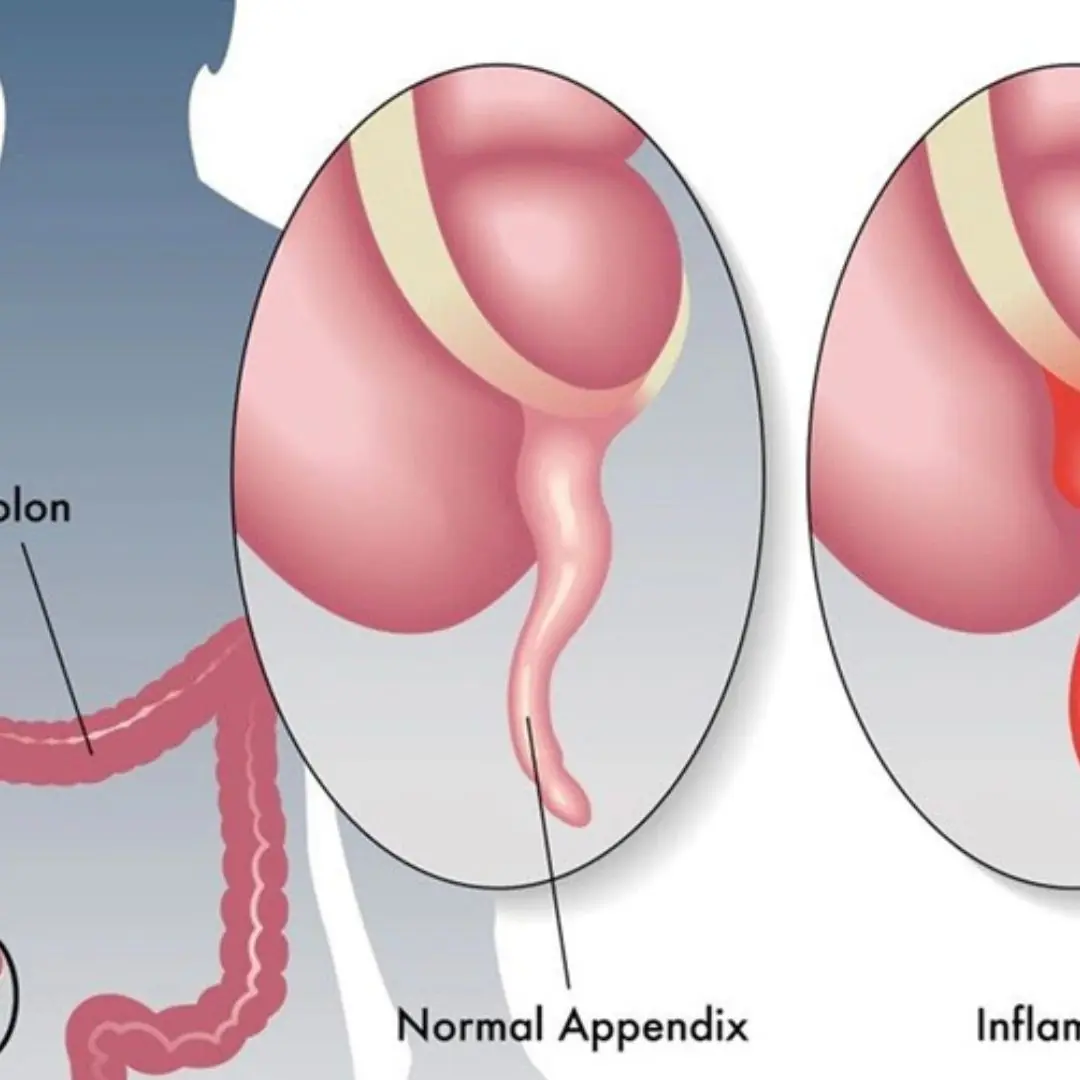
11 most common symptoms and signs as well as effective disease prevention measures

Chives: A familiar spice but contains 8 great health benefits

7 surprising effects of drinking warm lemon water in the morning
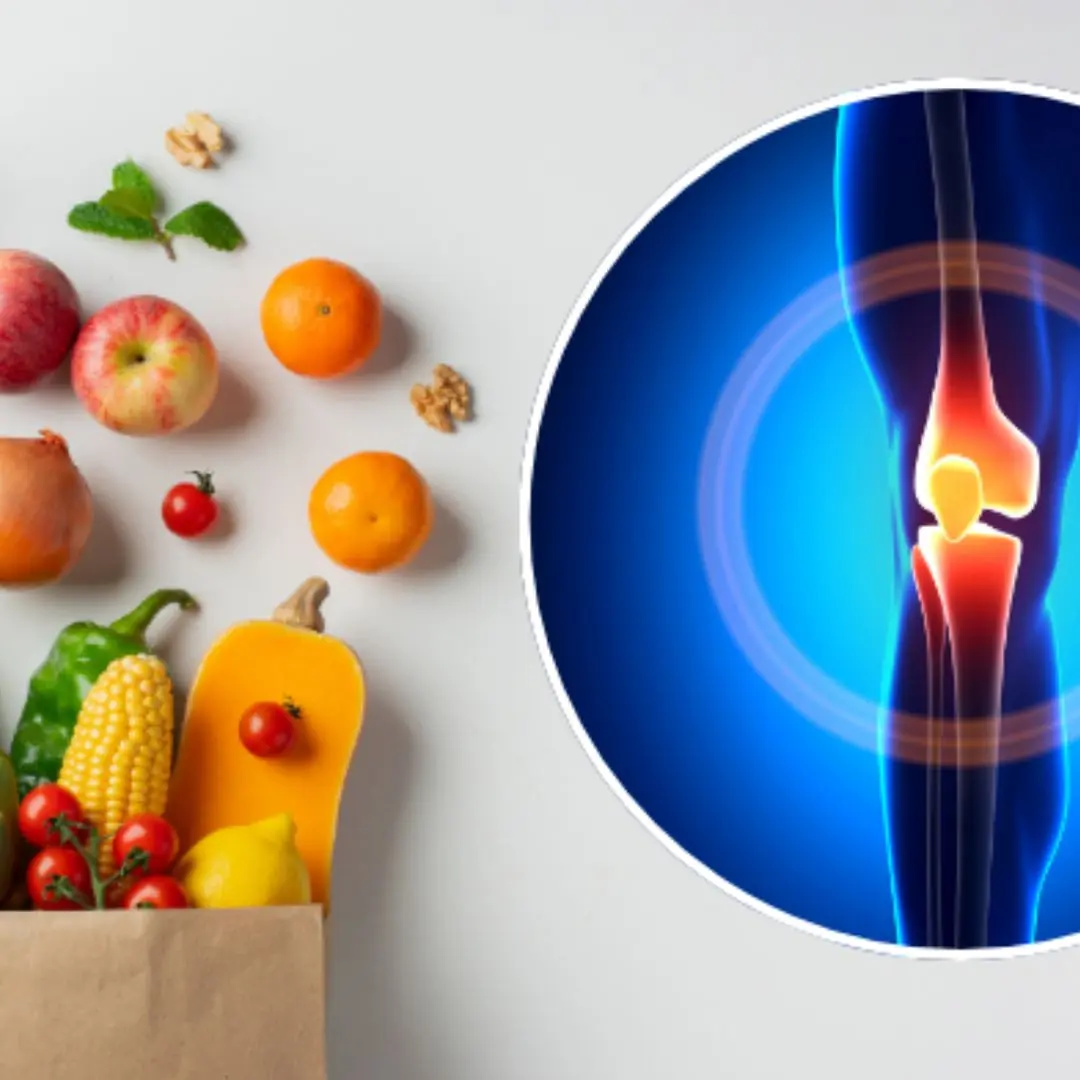
14 Healthy Foods You Should Add to Your Diet to Reduce Joint Pain and Stiffness

Eating Greek Yogurt Every Morning for 1 Week

5 “Superfoods” That Fight the Deadly Sto.mach Can.cer Bacteria

Just 3 Nights Of Poor Sleep May Raise Heart Disease Risk, New Study Warns

5 vegetables you should never eat raw — they may hide worm nests that turn into parasites in your stomach

5 Types of Vegetables That Hide “Nests of Parasites”
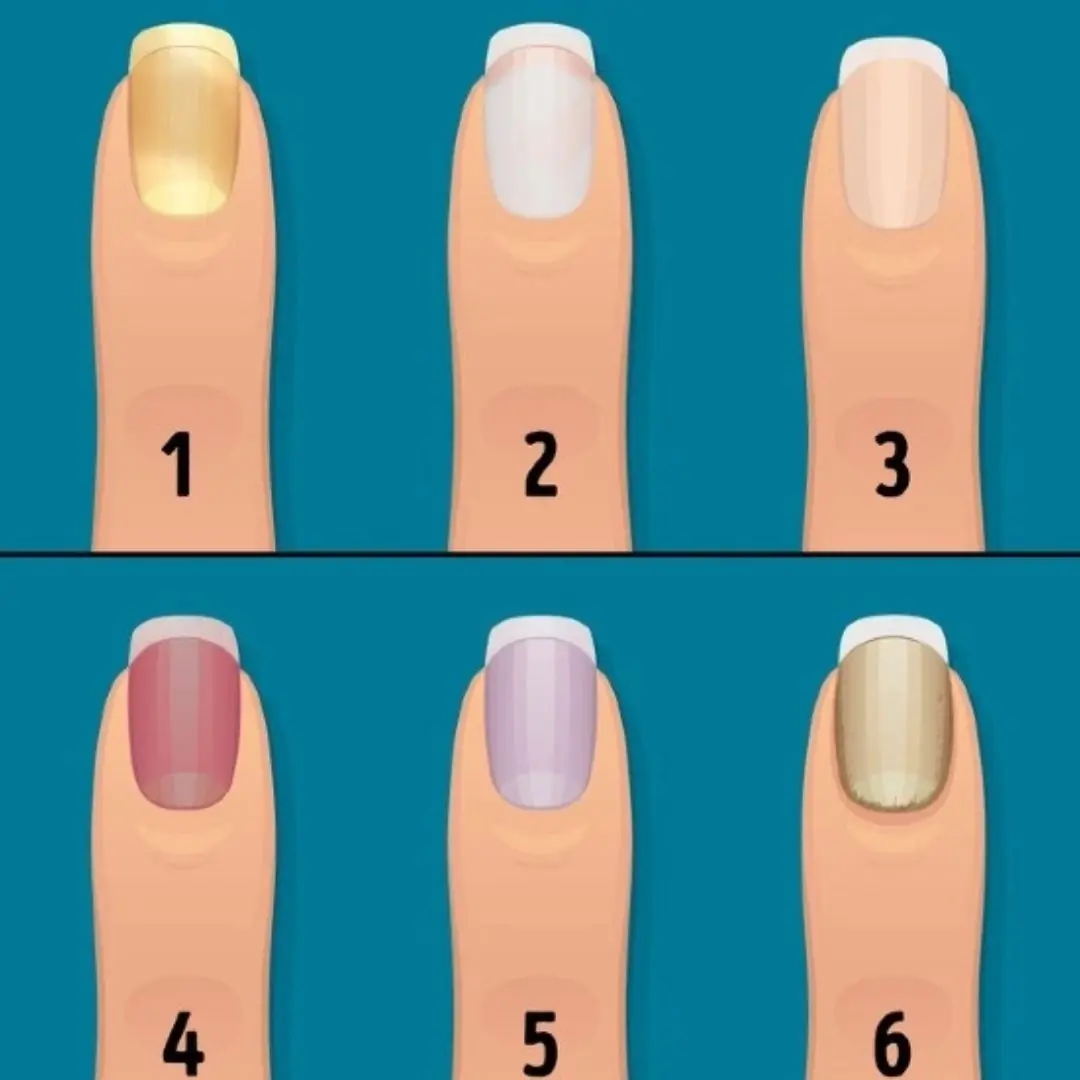
Don't miss: this nail color may be related to heart and lung disease

Drinking orange juice at these 3 times is both wasteful and harmful to your health

8 reasons why you should not stand while drinking water

5 dangerous habits that are destroying your liver: Quit now before it's too late

What’s Really Going On When Your Hands and Feet Won’t Stop Sweating?
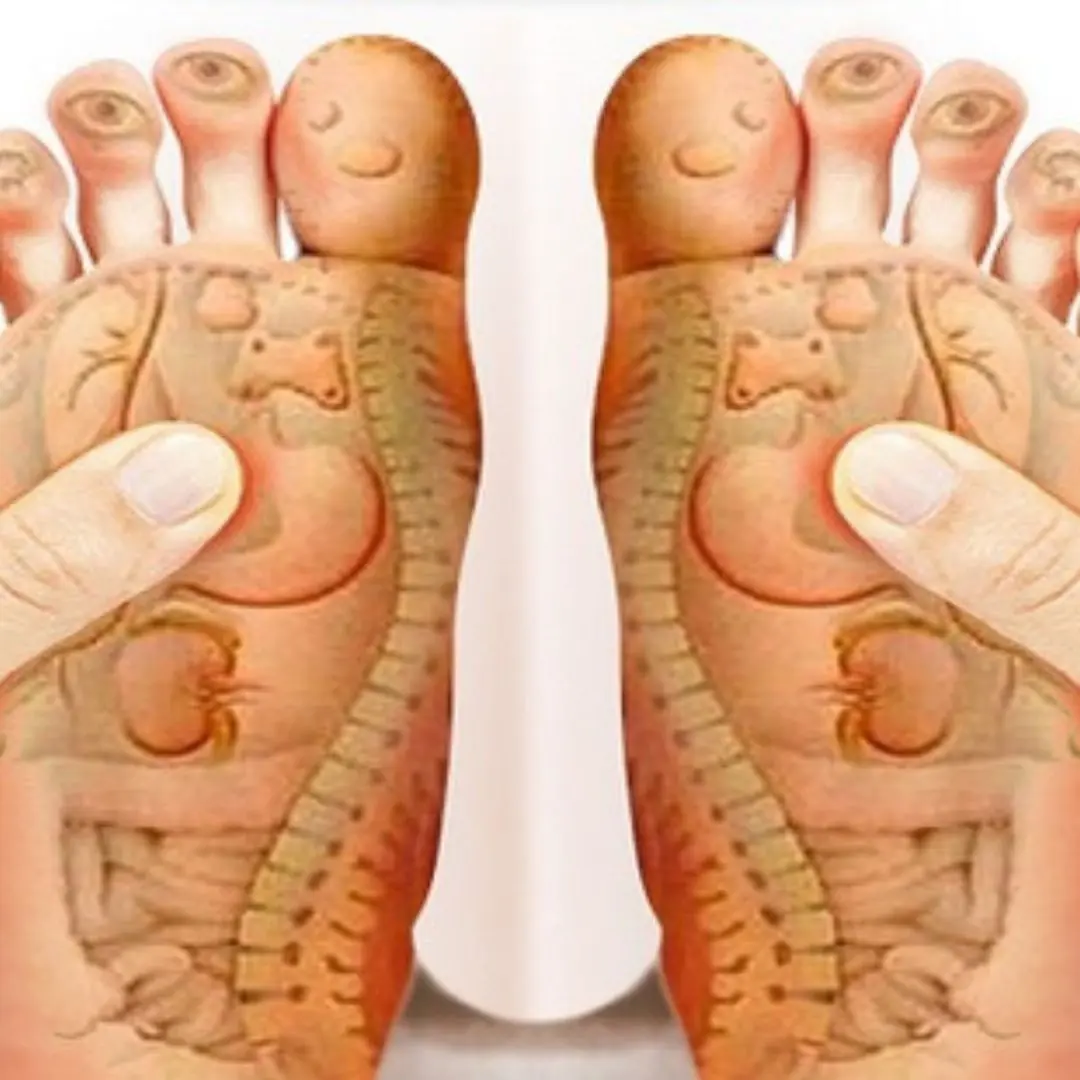
Cold Feet All the Time? 6 Reasons That Have Nothing to Do With the Weather
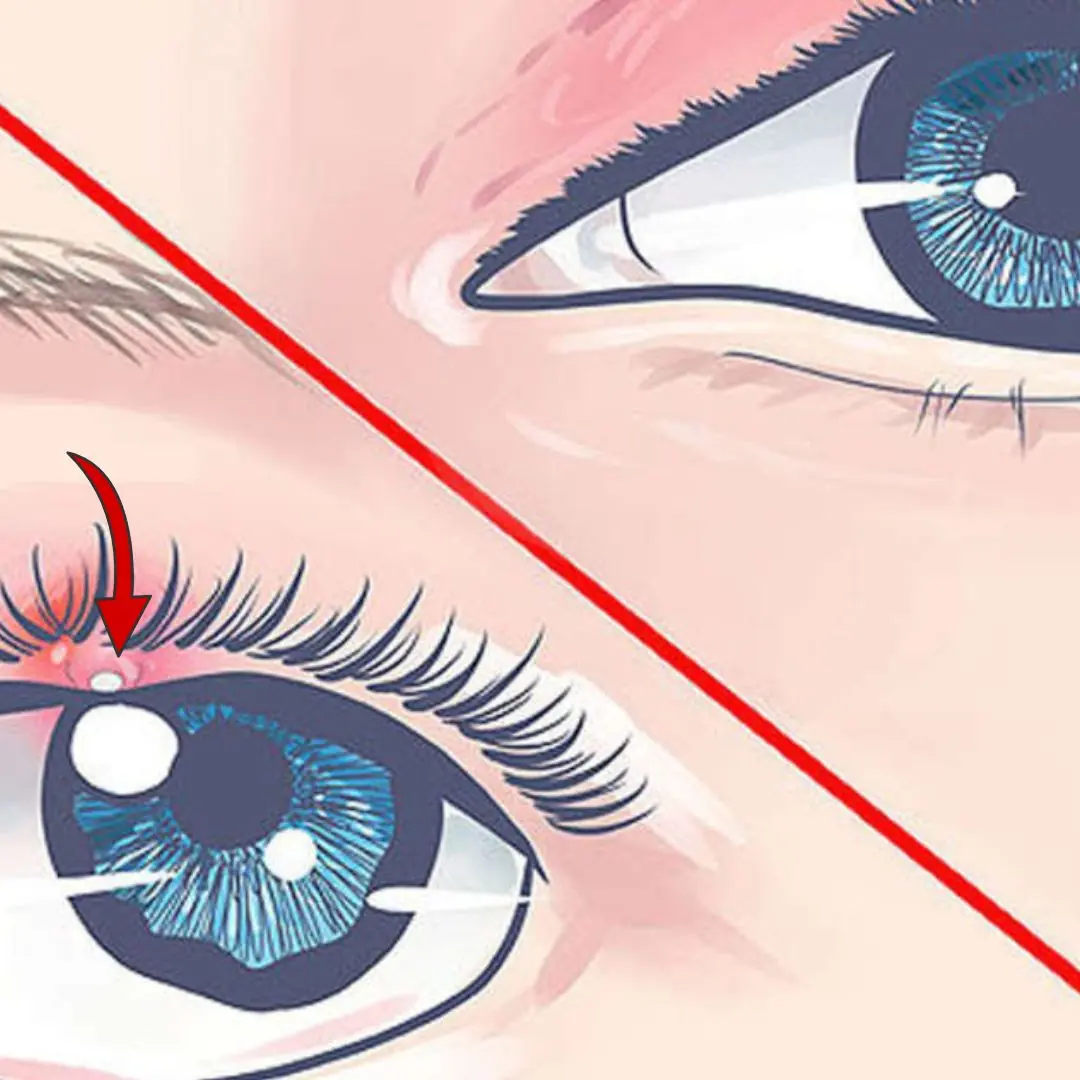
What Exactly Is a Stye — and How Can You Get Rid of It?

6 Types of Food You Should Never Keep Overnight
News Post

5 Foods That Can Wreck Your Kidn.eys Without Mercy

4 Foods With an Extremely Short Shelf Life After Opening – Don’t Trust the Expiry Date!
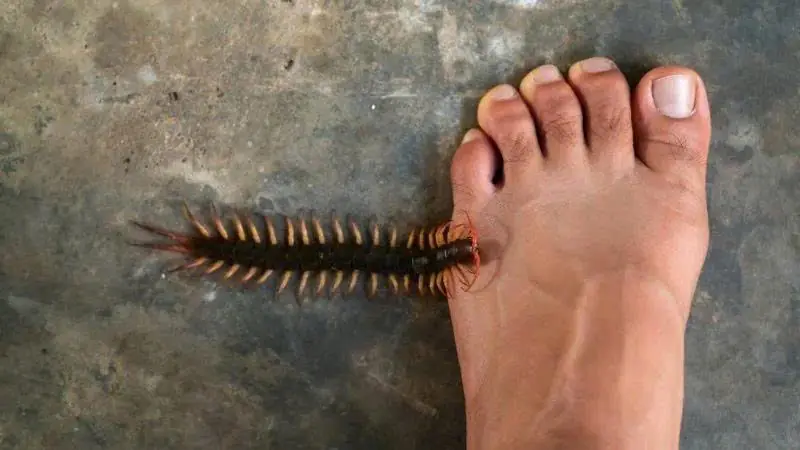
Reasons you should not ki.ll millipedes

11 most common symptoms and signs as well as effective disease prevention measures

Cop comforts toddler during welfare check and 2 years later becomes her father

Identical twin sisters give birth to sons on same day at the same hospital

Chives: A familiar spice but contains 8 great health benefits

7 surprising effects of drinking warm lemon water in the morning
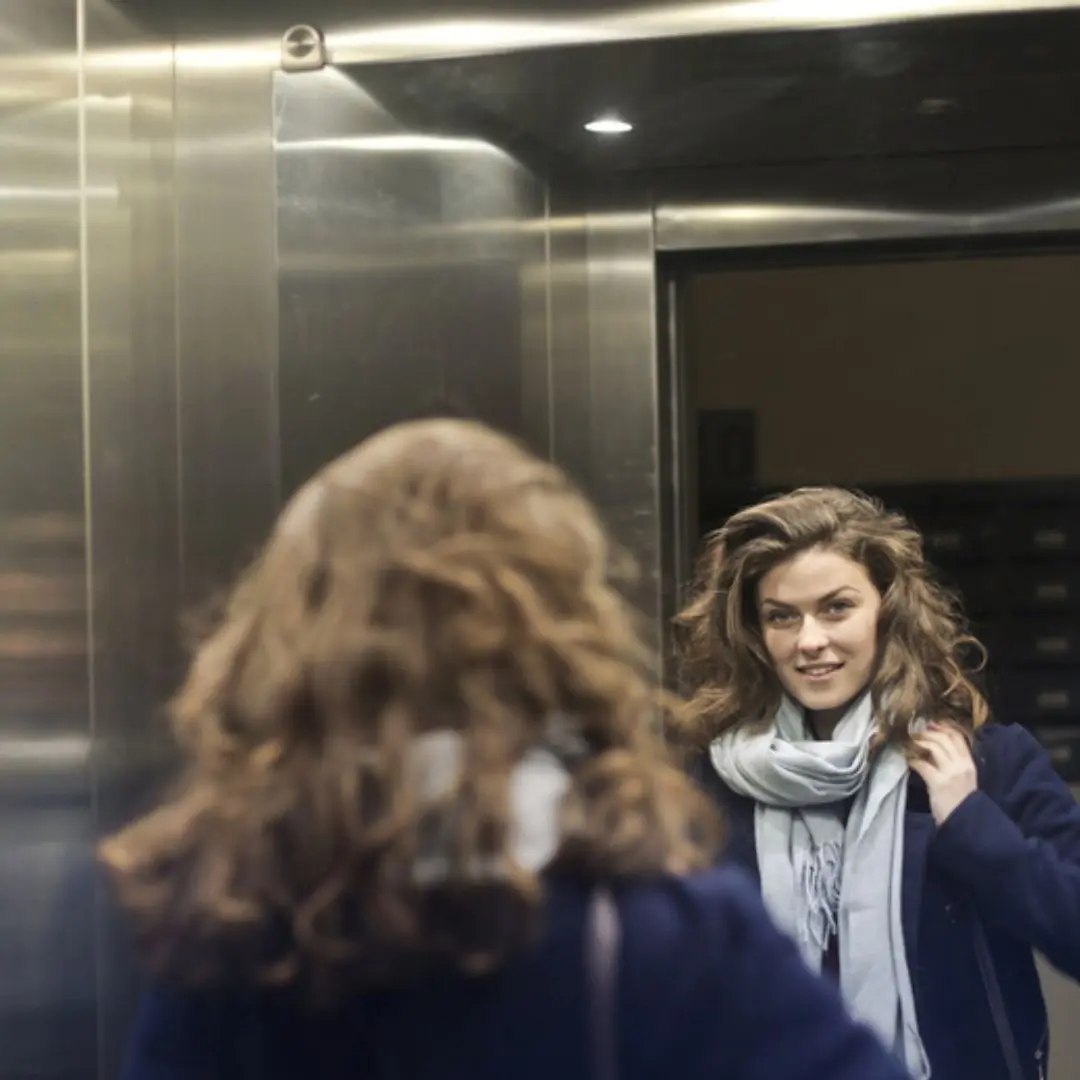
Why do elevators have mirrors? The manufacturer gives 3 reasons that surprise many people

14 Healthy Foods You Should Add to Your Diet to Reduce Joint Pain and Stiffness

When A Brown Bug Like This Appears In Your Yard, Immediate Action Is Required

Eating Greek Yogurt Every Morning for 1 Week

These 5 Foods Can Wreck Your Kid.neys Faster Than Alcohol

5 “Superfoods” That Fight the Deadly Sto.mach Can.cer Bacteria

A love story that defies expectations: Russian man and Nigerian woman raise their beautiful family

Just 3 Nights Of Poor Sleep May Raise Heart Disease Risk, New Study Warns

Fabulous! The newborn baby relaxes to the sound of daddy’s piano

5 vegetables you should never eat raw — they may hide worm nests that turn into parasites in your stomach
